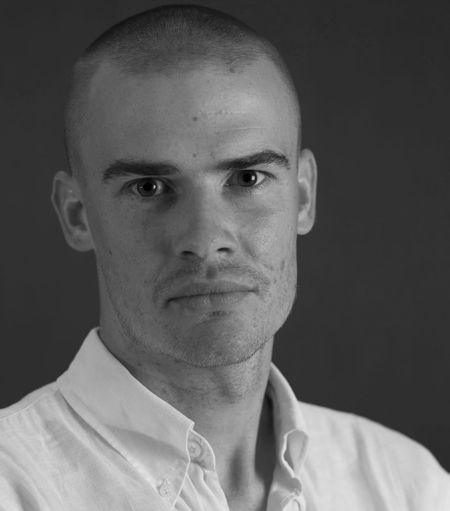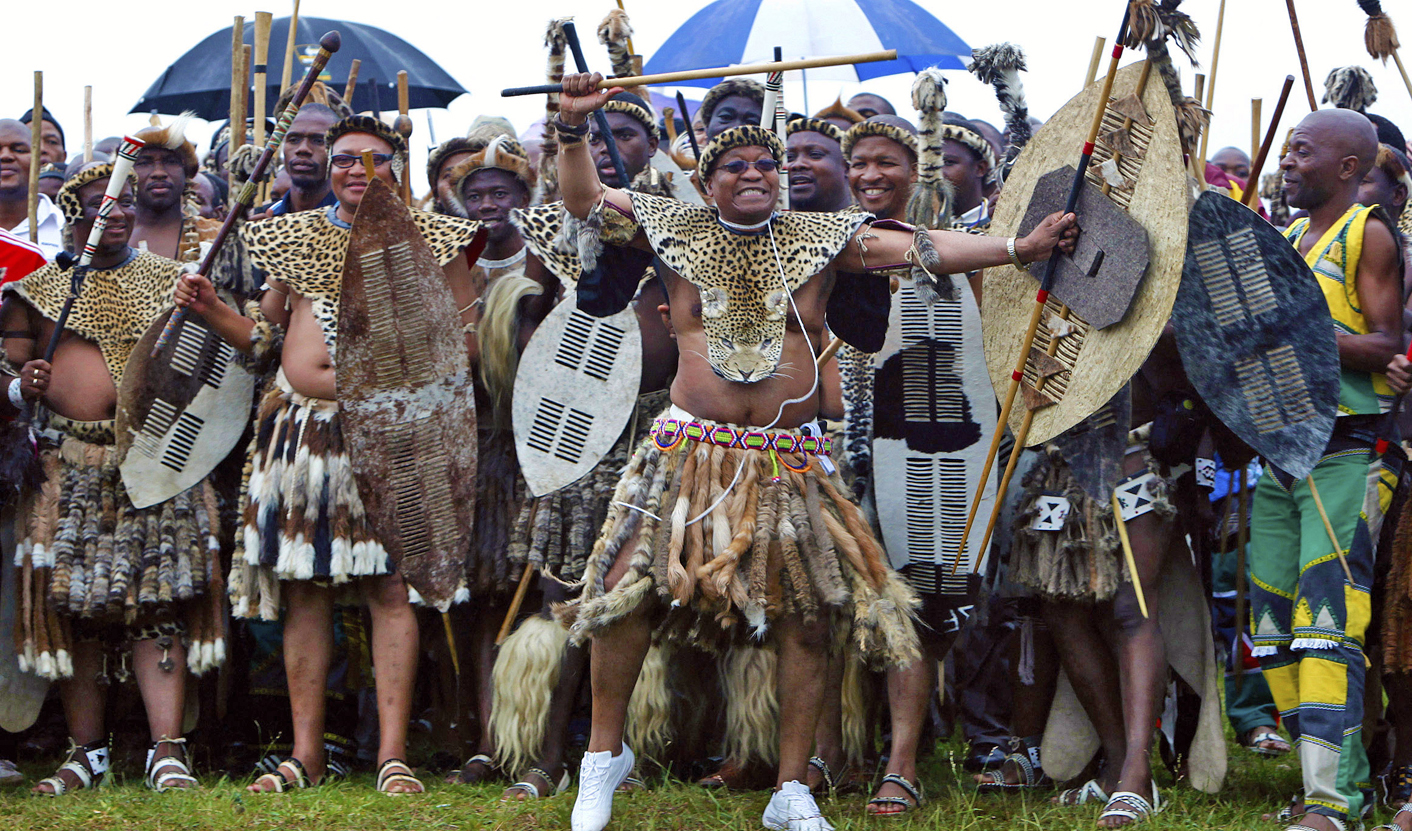The Sowetan led with “White man’s justice is not the only way – Zuma” while City Press featured “Zuma scolds ‘clever’ blacks”.
“Let us solve African problems the African way, not the white man's way,” recorded The Sowetan, when Zuma went off script. “Let us not be influenced by other cultures and think that lawyers are going to help. We have never changed the facts. They tell you they are dealing with cold facts. They will never tell you that these cold facts have warm bodies… We are Africans; we cannot change to be something else.”
After questioning the “white man’s law”, which one assumes to mean the judicial system enshrined in the Constitution of the democratic government of the Republic, and appearing to support the controversial Traditional Courts Bill in its current form, Zuma’s public relations team issued a stern correction clarifying the statements. But why go off script in the first place?
Zuma is a Zulu traditionalist, as Ranjeni Munusamy has pointed out today, but there’s likely more at play. Since traditional leaders began asserting their power in the lead-up to democracy, they have been an important constituency for any election campaign.
Nelson Mandela’s government paid its dues. Even before 1994, the ANC was forced to recognise the role of traditional leaders and change its tone. Its Ready to Govern document provided a place for them in the new South Africa mainly to advise parliament “on matters relevant to customary law and other matters relating to the power and functions of chiefs”. But the violent clashes in KwaZulu-Natal, Ciskei and townships around Johannesburg in the buildup to democracy proved two things: first, as executors of local administration, customary rights and providers of patronage, they wielded considerable power; second, dismantling the tribal authorities risked triggering chaos.
Mandela’s government made promises but defined little. When the Congress of Traditional Leaders of South Africa was formed in 1987, it recognised that in the eyes of the public some leaders were seen as Apartheid collaborators, so it aimed to restore dignity and legitimacy. Within a few years, after it had become clear that their futures would soon depend on their relationship with the African nationalists, the majority of the country’s monarchs, chiefs and headmen had signed up and professed their allegiance to the liberation movement. The ANC was eager to consolidate support against the National Party as well as increase their influence in the countryside and put an end to the escalating violence; it was quick to acknowledge the “chiefs coming back to the people,” as one commentator put it. But outside of public promises, their role in governance was vague.
Thabo Mbeki made strategic embraces but again struggled to define the responsibilities of traditional leaders in government, the judiciary or land reform. A showdown between the leaders and legislation over the role of municipalities forced him to look at the situation, leading to the 2003 Traditional Leadership and Governance Framework Act, but he was booted from office before we saw what his policies could have really done.
Contralesa President and ANC MP Phathekile Holomisa told Daily Maverick no South African president had brought the political will to deal with the ongoing ambiguities surrounding traditional leadership, despite its involvement in almost all sectors of a rural community. There are a number of departments meeting with the traditional leaders’ group, he said, “[b]ut overall very little has been done.” He described a situation where different leaders still get vastly different facilities and support across the provinces.
Nevertheless, the institution has entrenched itself. “The post-Apartheid patchwork legal situation in which nobody – from the president to the academic community – had a complete picture of which laws applied where, worked to the advantage of the powerful, allowing them to choose from contradictory laws those that reinforced their position,” wrote Barbara Oomen in her 2005 book Chiefs in South Africa.
What Zuma has done, said Holomisa, is recognise the need for traditional leadership. “He’s been clear and open about the need for traditional leadership to be recognised, but there’s been no political will.”
So why is Zuma running off script with controversial remarks appearing to support the Traditional Courts Bill in its current form? Zuma, unlike Mandela or Mbeki, is a traditionalist. But there’s more to it than that.
He has relied on interpretations of African culture and tradition to argue himself out of more than one mess and successfully distract the public from addressing the issues at hand. As we head towards Mangaung, Zuma is reminding us of his Africanist credentials and building the defence that outsiders who attack him are racist reactionaries. He has figured out that the women’s rights concerns over the Traditional Courts Bill aren’t as important as winning the support of male leaders in Eastern Cape and KwaZulu-Natal. And as we all know, all is fair in love and politics. DM
Read more:
- Zuma scolds ‘clever’ blacks in City Press
- Jeff Radebe on Traditional Courts Bill: Don’t think twice, it’s all right in Daily Maverick
- Media misled on Zuma speech, presidency claims in News24
Photo: South African President Jacob Zuma takes part in a dance during his traditional wedding to Tobeka Madiba, his fifth wife, at the village of Nkandla in northern KwaZulu-Natal January 4, 2010. REUTERS/Siphiwe Sibeko





